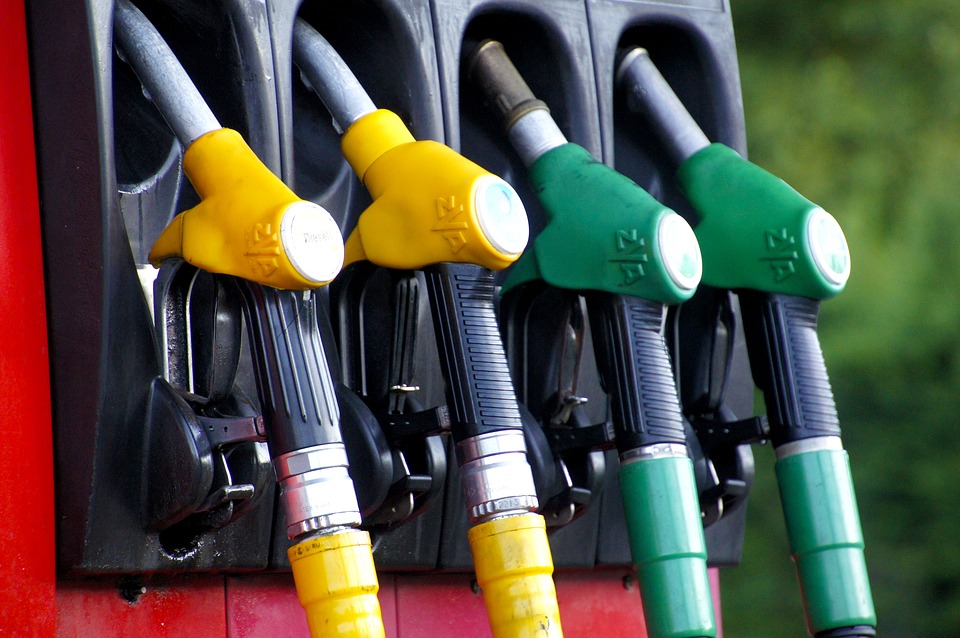Ignasi Puig (ENT)
January 2016
There is no consensus amongst experts on the causes, but the fact is that oil prices are reaching a record-low price. Whilst some economists claim that this is good for the economy, I certainly think that it isn’t, particularly if a sound economy is understood as that which aims at the sustainable welfare of citizens rather than just at the short-term maximisation of some ill-conceived macroeconomic indicators, such as GDP [1, 2].
Although low oil prices may favour short-term economic growth –no matter if this is any way related to welfare–, they may also:
– Jeopardise policies to minimise emissions of greenhouse gases. The OECD uses the value of 30 € per tonne of CO2 as a lower end estimate of climate costs [3], other estimates being sensibly higher. May these costs outbalance the claimed positive aspects of economic growth? The World Economic Forum declared climate change as being the biggest threat to the global economy in 2016 [4].
– Create a barrier to the economic viability of renewable energy sources, the keystone in a transition towards a low-carbon economy. And thus postponing efforts in the transition towards a low-carbon economy, possibly increasing its future costs.
Of course, low oil prices also ruined the public budgets of countries such as Russia or Venezuela [5], which now dramatically discover how unwise is to dedicate one-off revenues from non-renewable resources to finance the current costs of their public institutions.
Some experts also see climate benefits in low oil prices, derived from new investments in the extractive industry not taking place or making the production of more polluting unconventional oils uneconomical [6]. Although this shows the complexity of this question, one generally should tend to think that lower prices lead to more consumption, with an overall net negative effect of low prices on climate.
Thus, the present moment offers an opportunity to increase taxation on energy and carbon. This is something which definitely needs to be done (90% of CO2 emissions in the OECD are priced below 30 €/t, and 70% are priced at a rate of less than 5 €/t [3]) and which proves a much more difficult mission when energy prices are high. This would help stabilise fuel and energy prices, and would provide a revenue which could potentially allow for the reduction of other more distorting taxes (such as labour taxes). Wouldn’t it be wise to shift tax pressure from labour taxes to fuel taxes given the current unemployment problems in many countries, and the magnitude of the climate change problem?
Increased taxation of fossil fuels would make most sense at a supranational level. At a global scale, an option would be the so-called ‘Daly-Correa Tax’ [7], an OPEC tax on oil exports, whose revenues could be administered by the OPEC Development Fund. At EU level, we face a huge governance problem: unanimity is required when it comes to decisions on taxes… How can the EU be regarded as a single market, without a single tax system? So we will have to keep relying on the long awaited revision of the 2003 Energy Tax Directive [8].
In this context, advances at national level are still the most promising option in the short term, although the question of possible impacts on companies’ competitiveness needs to receive more attention in this case. Similarly, several precautions are needed from a social point of view, minimising the risk of fuel poverty. However, tackling externalities and inefficiencies by increasing fossil fuel taxes is not only reasonable from an environmental perspective, but it also makes most sense from a purely economic perspective.
References
[1] van den Bergh, J.C.J.M. The GDP paradox. Journal of Economic Psychology 30 (2009) 117–135. http://web.pdx.edu/~kub/publicfiles/MeasuringWellBeing/van%20den%20Bergh_2009%20GDP%20Paradox.pdf
[2] Beyond GDP. Measuring progress, true wealth, and the well-being of nations. http://ec.europa.eu/environment/beyond_gdp/index_en.html
[3] OECD. Effective Carbon Rates on Energy. OECD & Selected Partner Economies. 2015. http://www.oecd.org/tax/tax-policy/effective-carbon-rates-on-energy.pdf
[4] Elliott, L. Climate change disaster is biggest threat to global economy in 2016, say experts. 14 January 2016. http://www.theguardian.com/business/2016/jan/14/climate-change-disaster-is-biggest-threat-to-global-economy-in-2016-say-experts
[5] The Guardian. Recession, retrenchment, revolution? Impact of low crude prices on oil powers. 30 December 2015. http://www.theguardian.com/business/2015/dec/30/oil-iran-saudi-arabia-russia-venezuela-nigeria-libya
[6] Evans, S. Oil below $30: what does it mean for action on climate change? Carbon Brief. 18 January 2016. http://www.carbonbrief.org/oil-below-30-what-does-it-mean-for-action-on-climate-change
[7] Daly, H. The Daly-Correa Tax: Background and Explanation, Center for the Advancement of the Steady State Economy, http://steadystate.org/the-daly-correa-tax-background-and-explanation
[8] European Commission, Excise Duties: Energy Tax Proposal http://ec.europa.eu/taxation_customs/taxation/excise_duties/energy_products/energy_tax_proposal/index_en.htm

